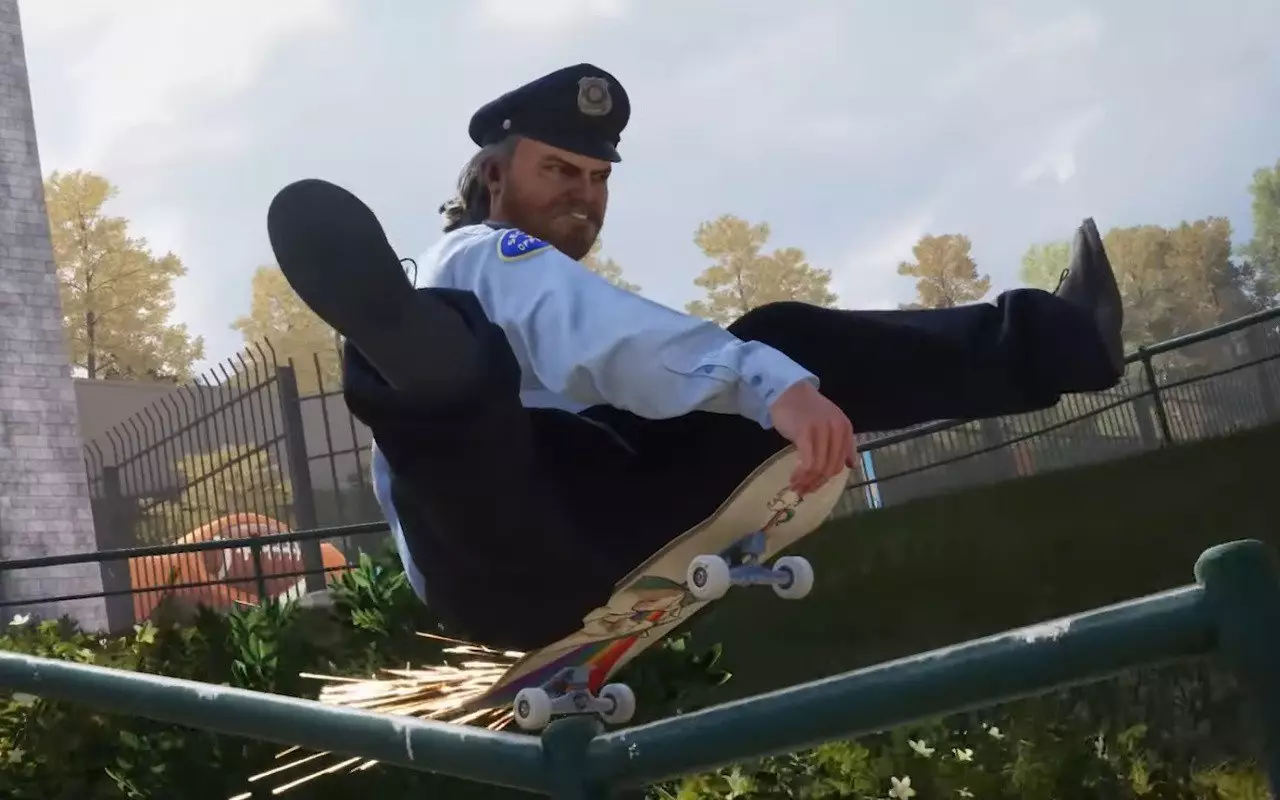The recent re-release of Tony Hawk’s Pro Skater 3 and 4 on multiple platforms marks a significant moment for fans craving the nostalgia of the golden era of skating games. Yet, amidst the excitement, there’s a noticeable departure from the soundtrack conventions that originally defined the series. Fans often hold the soundtrack close to their hearts, viewing it as an integral part of the experience. The decision to alter track selections — especially removing notable classics like Alien Ant Farm’s “Wish” — signals a deliberate move by the creators to redefine the musical landscape of the game. This is more than mere censorship; it’s an intentional strategy to refresh the auditory experience and avoid stagnation. It raises a compelling question: should a franchise that once was rooted in a specific era be forever anchored by its past music? Or is evolution necessary to keep the series vibrant and relevant? From my perspective, diverging from the nostalgia trap demonstrates a willingness to steer the series into new creative territories, fostering discovery rather than relying solely on the familiar.
The Philosophy Behind Musical Curation
Tony Hawk’s approach to soundtracking is rooted in a desire to expose players to new, emerging artists. His reasoning is rooted in a genuine effort to introduce a broader musical palette, not merely to please longstanding fans, but to foster musical exploration. While this strategy might upset purists longing for the OG tracks, it reflects a forward-looking mindset that values cultural discovery. Hawk’s comments about “fitting” songs to the gameplay rather than curating solely based on familiarity reveal a nuanced understanding of how music influences player mood and engagement. Still, this approach invites critical reflection: is it fair to prioritize new acts over beloved classics? Can a franchise thrive if it continually sacrifices its historical musical identity in pursuit of freshness? Personally, I see no fault in innovation; it’s a natural evolution, especially considering the rapidly changing musical landscape. However, the tension between nostalgia and innovation is inevitable, and balancing these elements requires an informed, sensitive touch.
Implications for Fan Engagement and Identity
Removing iconic tracks like “Wish” also highlights a broader challenge: maintaining fan loyalty amidst change. Fans often associate specific songs with moments in the game that shaped their memories. The exclusion of such tracks feels like a dissonance—an erasure of shared history. However, Hawk’s rationale—that the game’s soundtrack should serve as a platform for new and upcoming artists—shifts focus from the past to the present and future. It’s an empowering gesture, emphasizing that the franchise remains current and adaptable. Still, this move risks alienating a segment of the audience who view these songs as an integral part of their personal connection to the game. In my view, the challenge lies in managing this transition without dismissing the collective nostalgia that has become part of the franchise’s DNA. The inclusion of contemporary skaters from diverse backgrounds, like Rayssa from Brazil or Chloe Covell, exemplifies a broader cultural inclusivity, aligning with modern values and diversity.
The Future of Soundtracks in Classic Franchises
This evolving approach signals a potential shift in how legacy games handle their musical identities. Rather than static relics tied to their initial era, franchises like Tony Hawk’s are embracing change, understanding that ecosystems of culture and music are fluid. Hawk’s acknowledgment of his limited influence on the final song choices underscores a collaborative process aimed at balancing artistic integrity with commercial appeal. It prompts us to question: will the next installment strike a perfect balance, or is the trend towards continuous musical reinvention here to stay? From where I stand, the strategy offers an exciting prospect—encouraging players to discover new bands and musical moments, thus expanding their cultural horizons. But it also places a responsibility on developers to curate tastefully, ensuring that, while fresh, the soundtrack remains authentic to the energy and spirit of skateboarding’s rebellious roots. The challenge is not just in updating the game’s roster or playlist but in crafting a sonic identity that resonates across generations—something that respects its history while boldly stepping into the future.


Leave a Reply